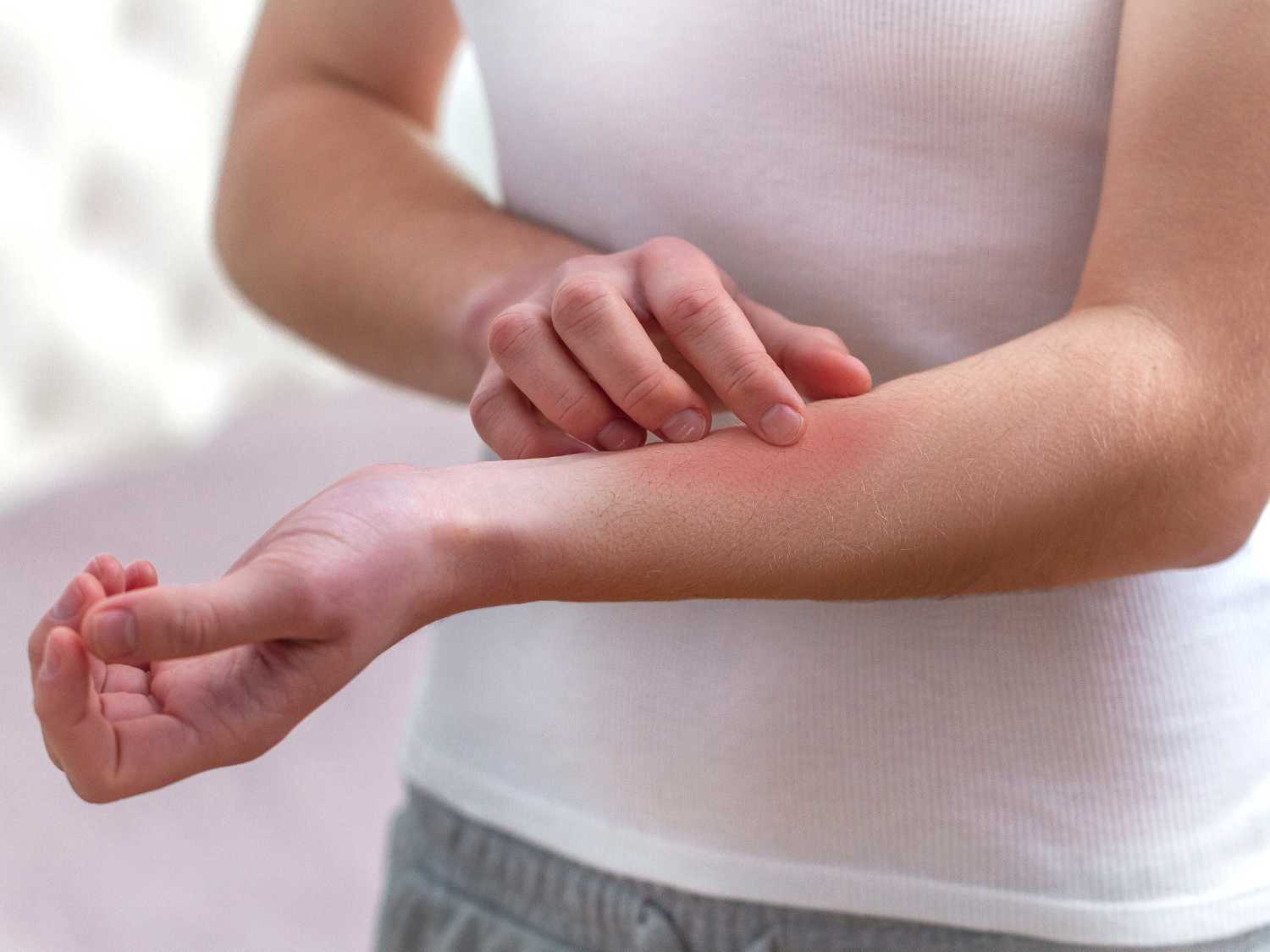Your basket is empty
Already have an account? Log in to check out faster.
Already have an account? Log in to check out faster.

Like all food intolerances, such as gluten, lactose, or yeast intolerance, nickel intolerance is a real condition that can cause truly uncomfortable symptoms if not managed correctly. The medical acronym is SNAS, or Systemic Nickel Allergy Syndrome. Those who suffer from it must be careful to avoid contact with objects or ingest foods that have a high content of this mineral.
A common chemical element, naturally present in the atmosphere and soil, can cause symptoms in reactive individuals that range from mild to severe.
Symptoms of nickel allergy can vary in severity depending on the level of exposure to the substance and even the phase of one's life. It can happen that such intolerances "explode" suddenly and then subside or disappear over time. It is always best to be followed by a specialized doctor to accurately diagnose SNAS and get advice on how to manage the condition.
In general, the most evident consequences of contact with nickel are dermatitis: itching, burning, and swelling of the skin in areas that have touched objects containing nickel. Attention must be paid to many daily habits, from the type of jewelry worn to the household cleaners used.
For example, avoid costume jewelry made of metal alloys that may contain nickel, and opt for pure noble metals like gold. For household and personal hygiene products, always choose natural products free of harmful chemicals.
Symptoms from ingestion can be even worse, causing gastrointestinal or respiratory problems.
Regarding food, it is essential to learn to read labels before purchasing packaged products. Once you understand which foods cause issues, preparing meals at home is the best way to avoid nickel, which is often present due to contamination in industrially processed foods.
The nickel-free diet can still be tasty and varied. White flour is nickel-free, so pasta, bread, and pizza are fine, especially if homemade and made with sourdough.
Potatoes are a versatile ally for those with nickel intolerance, containing many other beneficial minerals but fortunately not nickel. Also, cucumbers and cauliflower, olive oil and butter (not margarine, which can contain nickel), eggs, lean meats, and "white" fish, preferably fresh rather than frozen, are all safe options.
Unfortunately, in addition to canned and industrial products that we have already mentioned are best avoided, some completely natural foods contain nickel.
Among vegetables, asparagus, mushrooms, onions, tomatoes, and broccoli are unfortunately to be avoided or at least limited, according to medical advice, as well as whole grain flours, corn, and buckwheat.
Legumes, cocoa, licorice, and some oily fish like mackerel and herring also contain nickel, as do dairy-based preparations used for making yogurt and ice cream, and chemical leavening agents.
0 comments